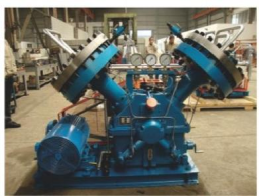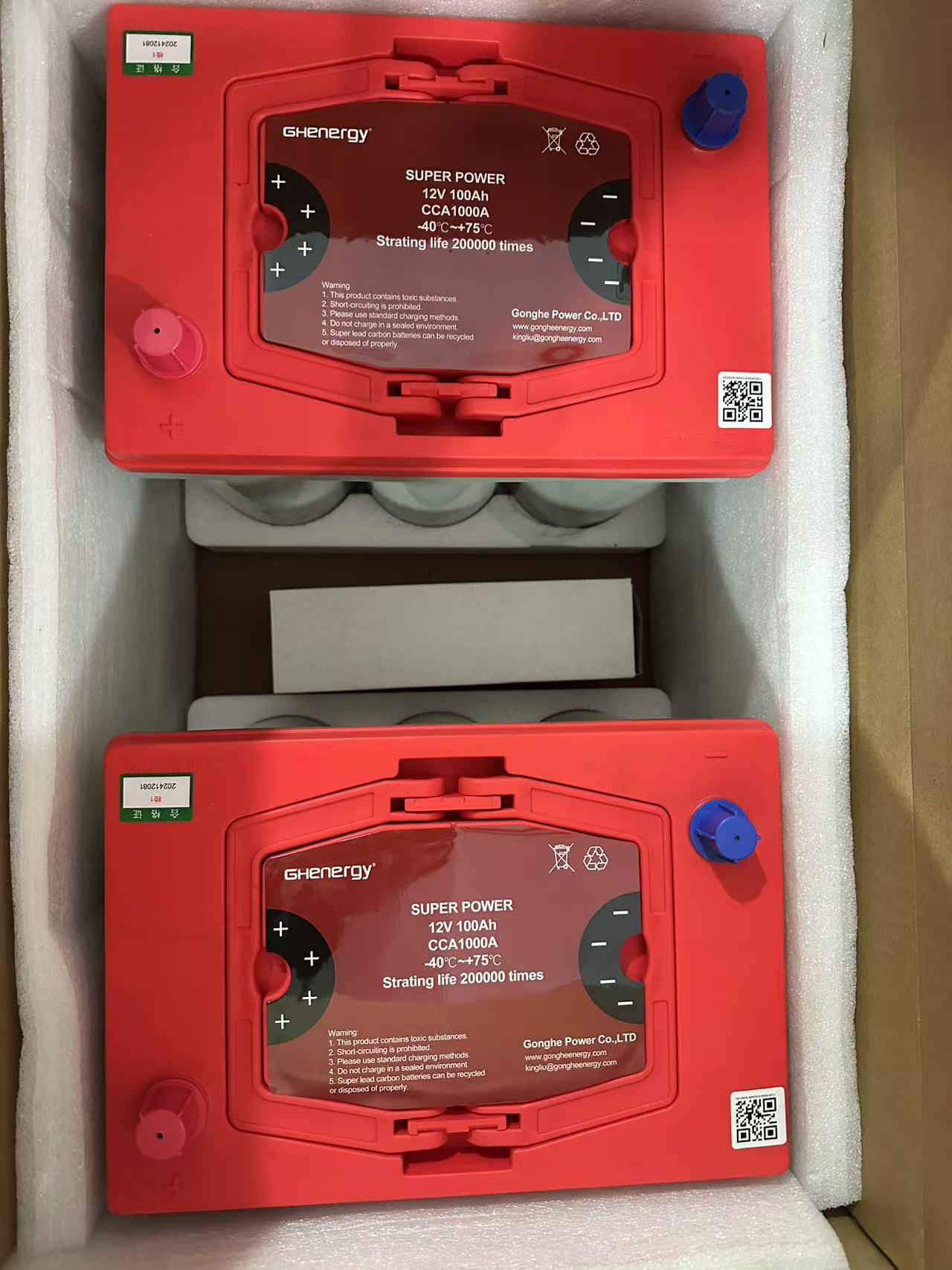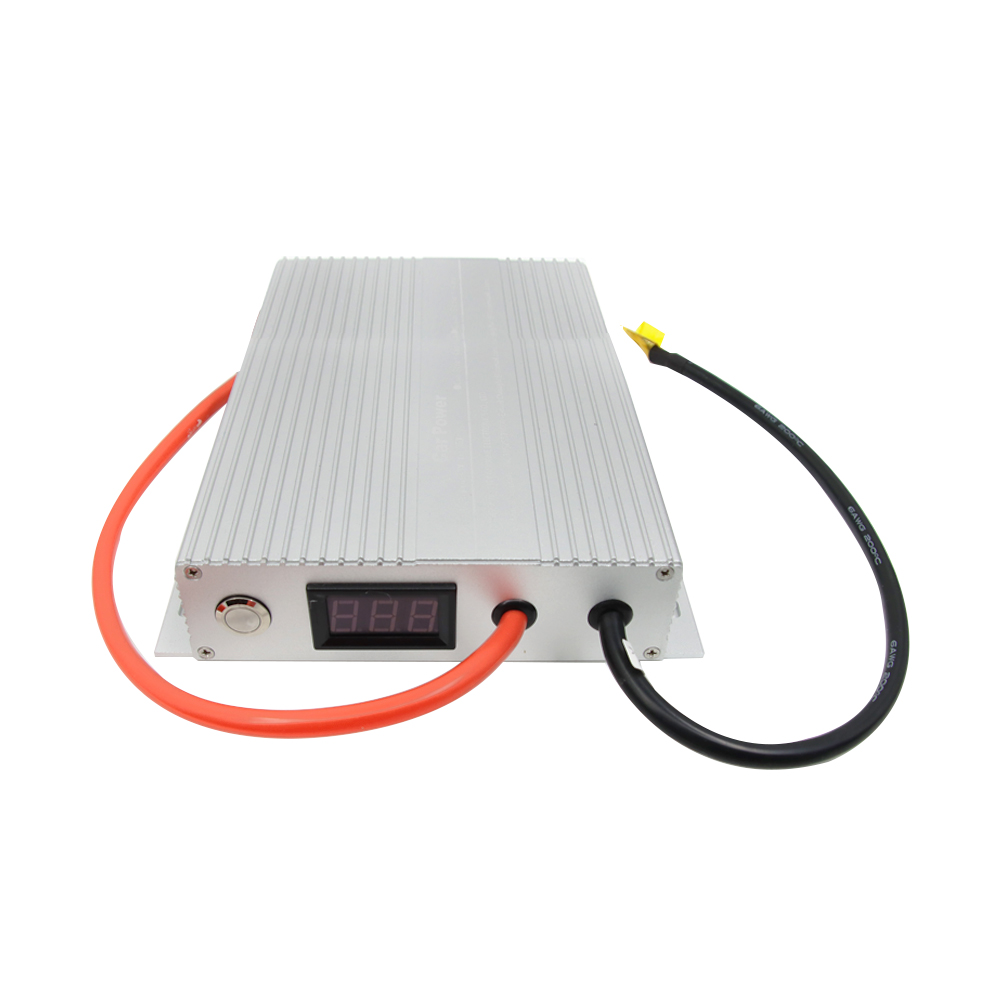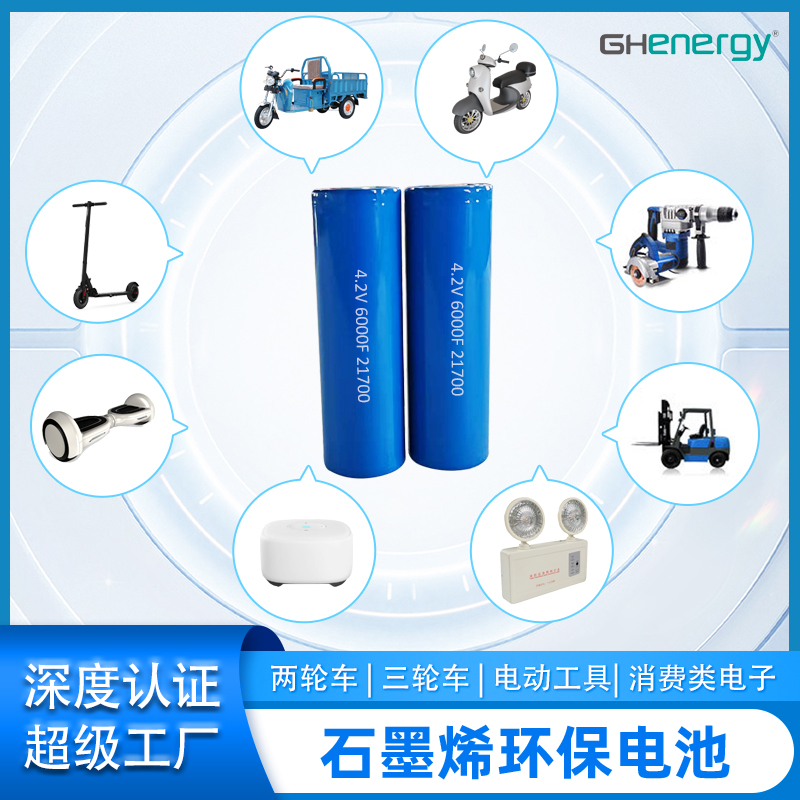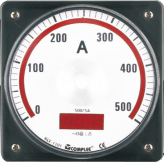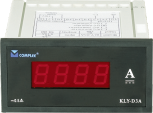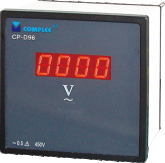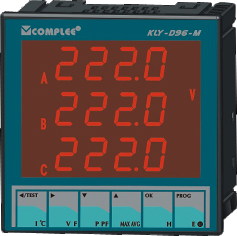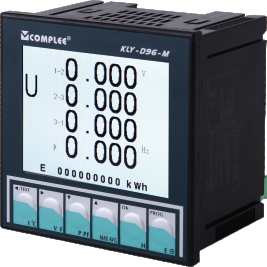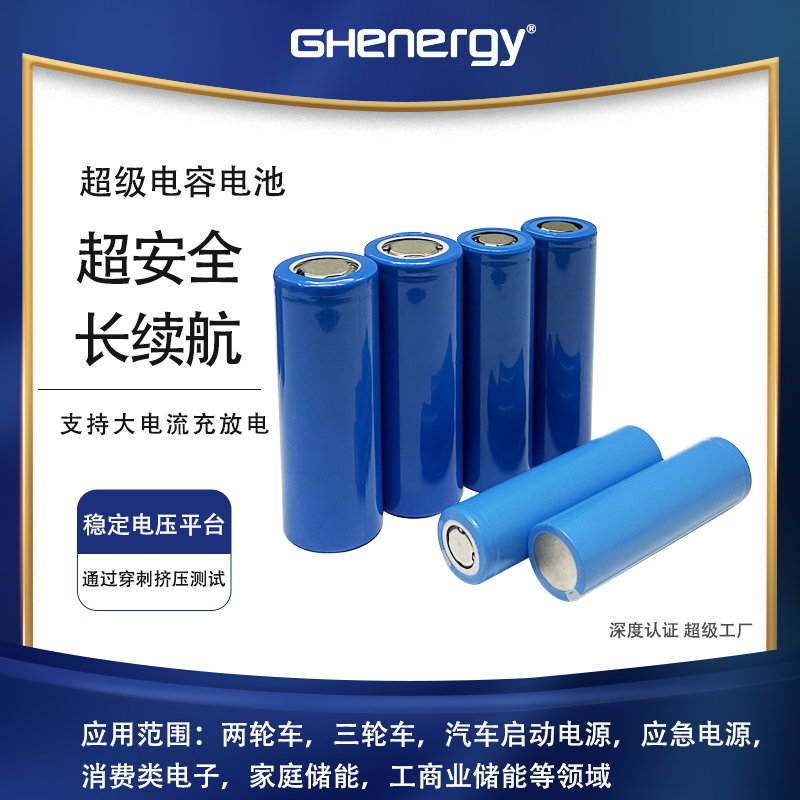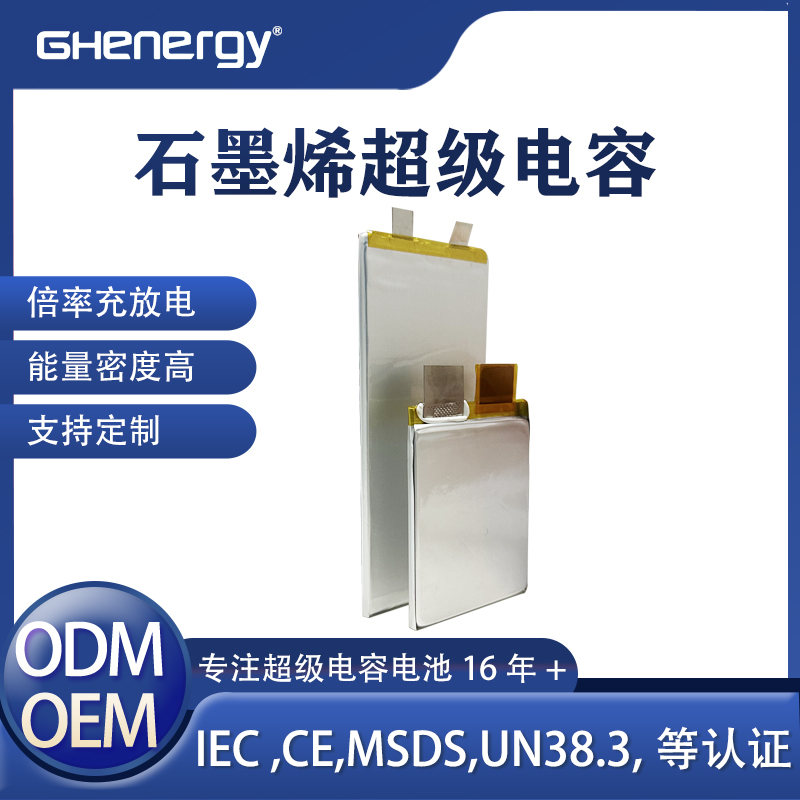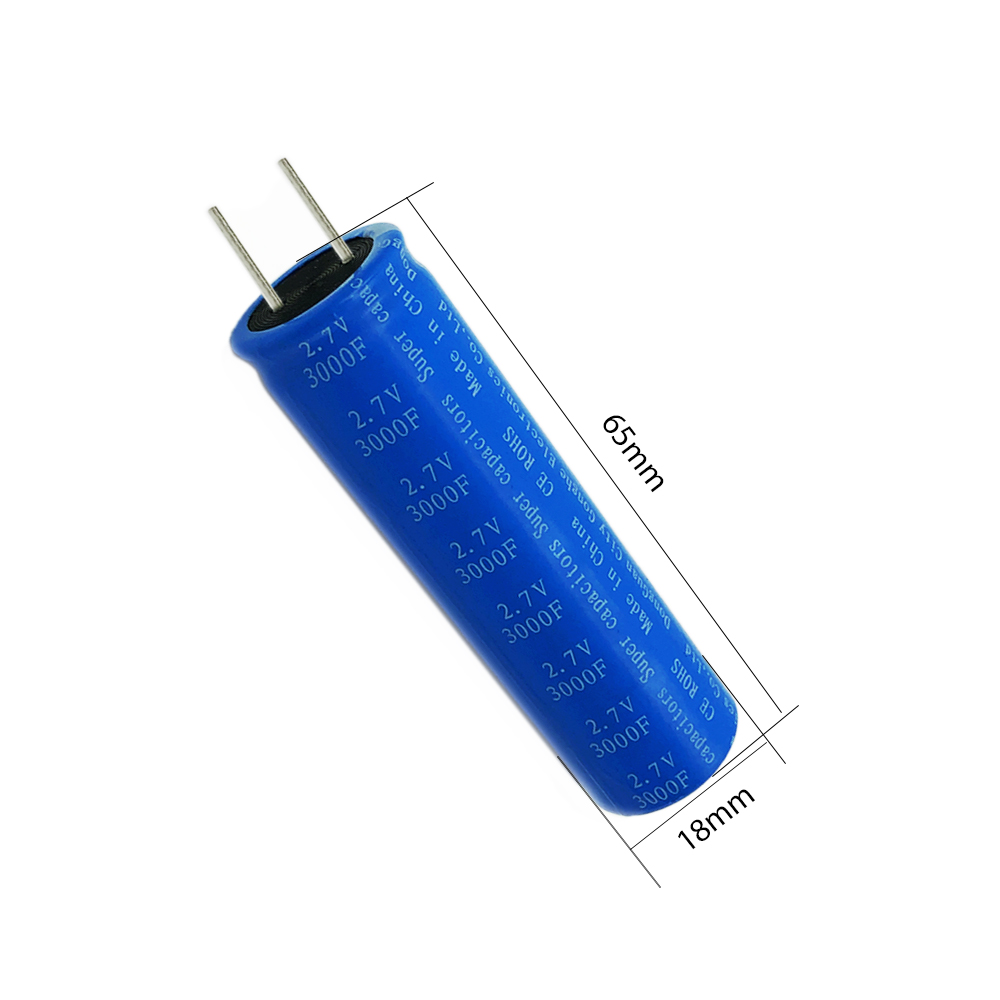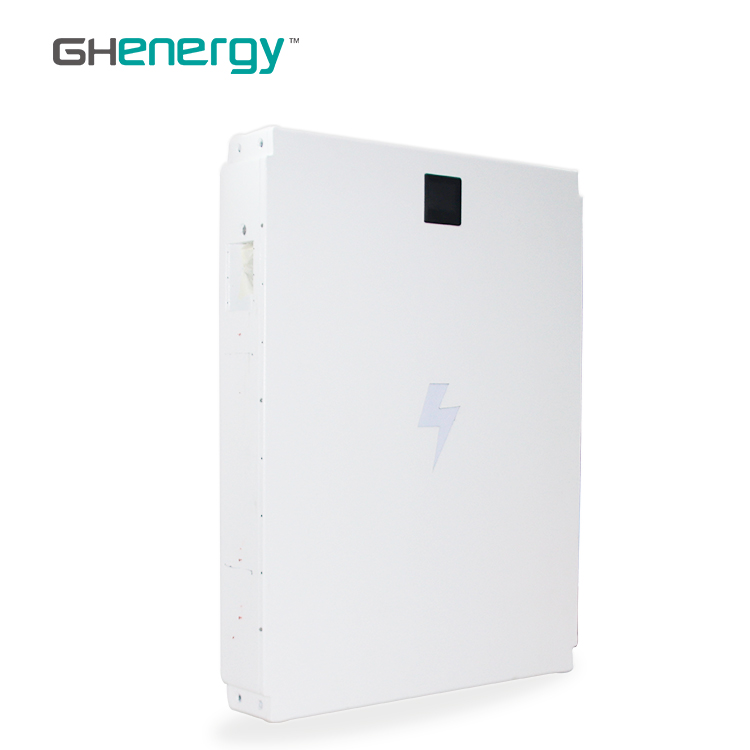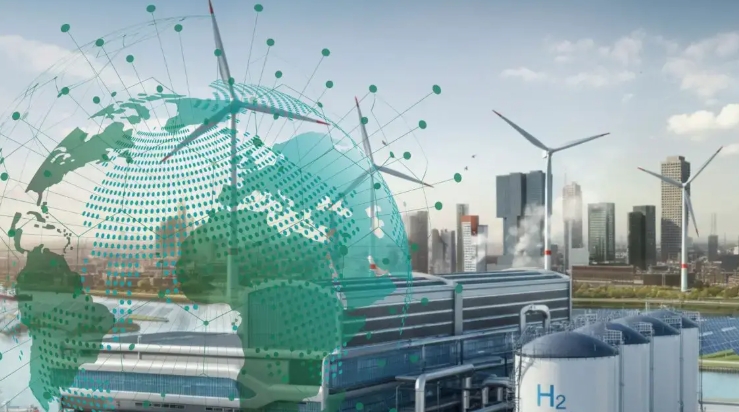 Wedoany.com Report-Feb 21, Wood, a renowned global engineering and consulting firm, has secured the front-end engineering design (FEED) contract for the Zeevonk hydrogen facility in Rotterdam, Netherlands. This advanced project marks a significant advancement in providing low-carbon energy solutions, supporting Europe’s goal of achieving net-zero emissions by 2050.
Wedoany.com Report-Feb 21, Wood, a renowned global engineering and consulting firm, has secured the front-end engineering design (FEED) contract for the Zeevonk hydrogen facility in Rotterdam, Netherlands. This advanced project marks a significant advancement in providing low-carbon energy solutions, supporting Europe’s goal of achieving net-zero emissions by 2050.
The facility will employ innovative technology, drawing power from offshore wind and floating solar installations developed under the Zeevonk offshore initiative. Upon completion, the hydrogen produced will integrate into the Hydrogen Network Rotterdam, a forward-thinking system designed to supply clean energy throughout Europe.
Collaboration Driving Progress
The Zeevonk project is a joint effort between Vattenfall, a leading European energy company, and Copenhagen Infrastructure Partners (CIP), a major player in renewable energy investments. Both organizations are dedicated to speeding up the shift to sustainable energy and meeting net-zero objectives. Wood’s role highlights its established expertise in delivering creative engineering solutions, built on prior successful collaborations with CIP on sustainability-focused projects.
Claus Vissing-Jørgensen, Project Director at Zeevonk, expressed optimism about the milestone: “Over the next 10 months, the FEED will deliver precise cost estimates and establish the foundation for our EPC tender process, scheduled for later this year.” Wood, recognized for its proficiency in green hydrogen systems, will design a facility that ensures efficiency, dependability, and affordability, aligning with strict environmental standards while remaining practical for large-scale operation.
Project Timeline and Energy Output
The development timeline for Zeevonk is clearly outlined. Over the next 10 months, the FEED phase will refine technical designs and cost evaluations, paving the way for the engineering, procurement, and construction (EPC) phase, set to commence in the second quarter of 2025. Following this, the facility’s hydrogen production is expected to play a substantial role in Europe’s efforts to reduce carbon emissions.
Using offshore wind and floating solar energy, the facility will generate electricity to drive electrolysis, splitting water into hydrogen and oxygen with a low carbon footprint. This sustainable hydrogen will then flow through pipelines to the Hydrogen Network Rotterdam, linking seamlessly with regional energy networks.
Wider Impact of Zeevonk
The Zeevonk project offers broad benefits. It advances the Netherlands’ and European Union’s net-zero ambitions by providing clean hydrogen to replace fossil fuels. Sectors such as steel production, heavy transportation, and chemical manufacturing, which face challenges in adopting electric solutions, will particularly benefit from this transition.
The local economy near the Port of Rotterdam, a key energy hub, may see growth as well. The project is poised to encourage additional investment in renewable energy infrastructure and create employment opportunities during construction and operation. For Vattenfall and CIP, Zeevonk enhances their standing in sustainable energy, while Wood solidifies its leadership in low-carbon engineering.
This initiative reflects a collective effort to harness hydrogen technology, supporting both environmental goals and economic development in a balanced and forward-looking manner.

